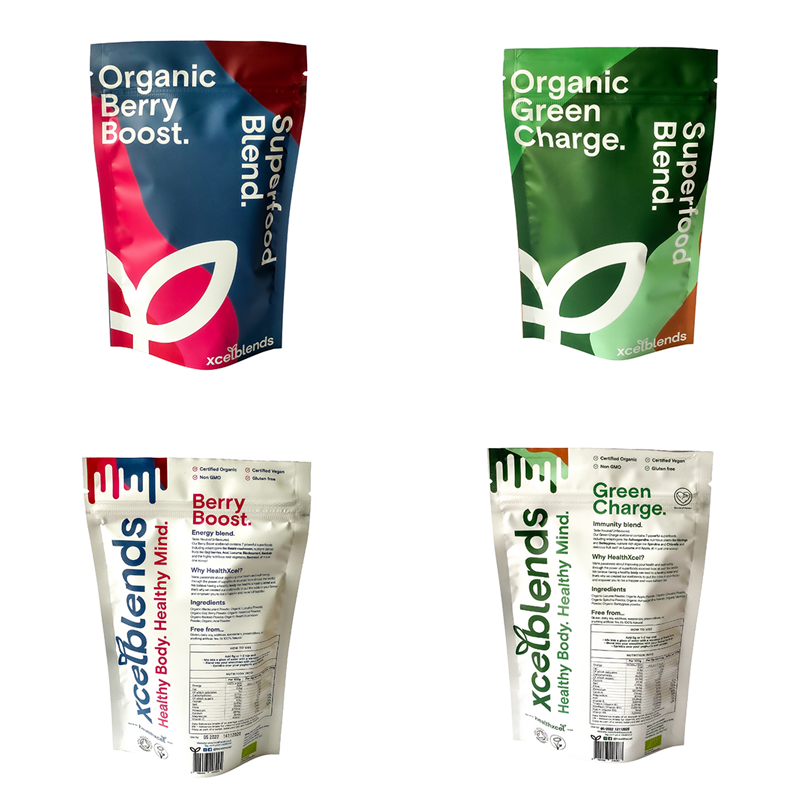Your mind is the master control centre of your entire body so it is essential to keep it healthy and strong. Like any other parts of the body, your brain has to work 24/7 to keep everything functioning well. Therefore, it can be a struggle to keep up with the challenges of everyday life especially when you are experiencing with mental illness.
So, how do you keep your brain healthy and what are the effects of exercise on mental health? At Healthxcel Superfood Powders we truly believe that there are options for you to keep your mind at its best. One is by doing exercise.


In this article, we will focus on the effects of exercise on mental health. There’s already been a lot of emphasis on nutrition and how they affect the brain. As for exercise, some psychologists are yet to discover the scientific basis behind exercise and how it can help people cope mentally when stressed.
An article from the American Psychological Association stated that exercise can provide many health benefits including mood enhancement, anxiety prevention, alleviation of chronic depression, improve self esteem as well as impact our stress levels.
A study asked people to rate their mood immediately after periods of physical activity (e.g. going for a walk or doing housework), and periods of inactivity (e.g. reading a book or watching television). Researchers found that the participants felt more content, more awake and calmer after being physically active compared to after periods of inactivity. They also found that the effect of physical activity on mood was greatest when mood was initially low.
There are many studies looking at physical activity at different levels of intensity and its impact on people’s mood. Overall, research has found that low-intensity aerobic exercise – for 30–35 minutes, 3–5 days a week, for 10–12 weeks – was best at increasing positive moods (e.g. enthusiasm, alertness).
For any sports equipment check out www.splay.co.uk


How to start.
- Start at your own interest and pace. Choose an activity you would likely enjoy and set an achievable goal. For example, a few minutes of running or an hour of swimming.
- Start healthy. Have a pre-exercise snack to keep you alert and happy while performing exercise. You can even put a teaspoon of either the Berry Boost and Green Charge into your water or shaker at least 30 minutes before or after your activity.
- Enjoy! Exercise should make you feel better. If a certain activity wears you out, re-think and do changes to make your exercise fun.
Source:
https://www.apa.org/monitor/2011/12/exercise
https://www.ncbi.nlm.nih.gov/pmc/articles/PMC1470658/
Kanning, M. & Schlicht, W. (2010). Be Active and Become Happy: An Ecological Momentary Assessment of Physical Activity and Mood. Journal of Sport & Exercise Psychology, 32 (2), 253–261.
Reed, J. & Buck, S. (2009). The effect of regular aerobic exercise on positive-activated affect: A meta-analysis. Psychology of Sport and Exercise, 10 (6), 581–594.
